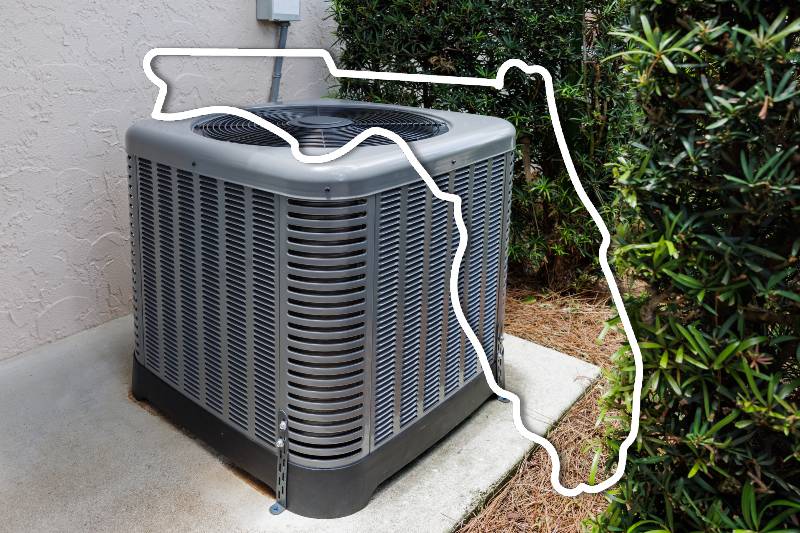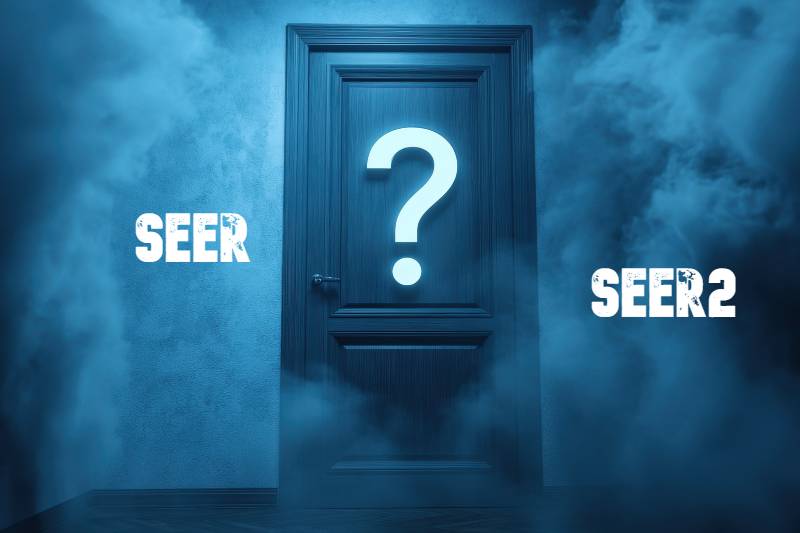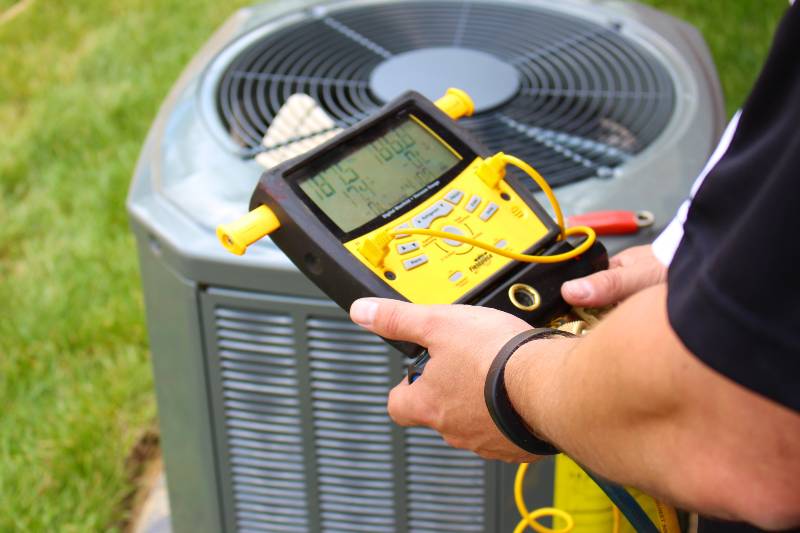Are you ready to take the plunge into homeownership?
Buying your first home is an exciting milestone but also a big financial commitment. It’s not just about the mortgage payments – various other costs are involved in buying a home. Here, we will explain the financial jargon and provide a detailed breakdown of the costs.
Down Payment: More Than Just a Drop in the Ocean
First things first, what is a down payment? Simply put, it’s the initial upfront portion you pay when purchasing a property. Typically, you may be required to pay anywhere from 3% to 20% of the home’s price. For example, if you’re buying a house priced at $300,000, a 20% down payment would be $60,000. It’s important to understand that the size of your down payment can significantly influence your mortgage rates and terms.
Home Inspection: An Ounce of Prevention
Before you finalize your purchase, you’ll want to get a home inspection. A home inspection can reveal potential issues with the property. While this fee isn’t mandatory, it’s highly recommended to uncover any potential issues with the property and may be used to negotiate the price. The cost can vary depending on the size and location of the home, but you can expect to pay between $300 to $500.
Real Estate Agent Fees: Your Guide on the Journey
Working with a real estate agent can make the home-buying process a breeze. But this expertise comes at a cost. Currently, the average real estate commission in the United States is 4.88%. This commission is usually split between your agent and the seller’s agent. So, for a $300,000 house, you’re looking at about $14,640 in agent fees.
Closing Costs: The Final Hurdle
Next up are the closing costs. Closing costs are the fees and expenses you pay to finalize your mortgage. They are fees charged by lenders and third parties related to the purchase of your home. They typically range from 2-5% of the purchase price. So, for that $300,000 house, you could be looking at closing costs between $6,000 and $15,000. These costs can include loan origination fees, appraisal fees, title searches, title insurance, surveys, taxes, and credit report charges. The costs may differ depending on the state or region in which you are buying a home.
A Breakdown of Typical Closing Cost Fees
-
- Loan origination fees: This is a fee charged by your lender for making the loan. It’s typically about 1% of your total loan amount.
- Appraisal fees: Your lender will require a home appraisal to determine the value of the home. This ensures they’re not lending you more money than the property is worth. The cost for an appraisal typically ranges from $300 to $400.
- Title fees: These fees cover the cost of researching the property’s records to ensure you’re becoming the rightful owner.
- Title insurance: Safeguards homebuyers and mortgage lenders from any financial losses due to defects in a property’s title. These defects could include liens, encumbrances, or legal issues that were unknown at the time of purchase. The average cost of title insurance varies widely depending on the value of your property and the state where you’re purchasing. However, it generally falls between $1,000 and $2,000.
- Transfer taxes: When you buy a house, you might also have to pay transfer taxes from one owner to another. The cost of transfer taxes can vary greatly depending on the location of the property and its sale price. These aren’t deductible from your federal income taxes, unlike property taxes.
- Credit report charges: The cost of pulling a credit report can vary. According to Experian, the fee typically hovers around $35. However, Bayou Mortgage mentions that the credit report fee is usually $65.90 for a single borrower and $85.80 for a joint report.
Property Taxes: Your Civic Duty
Now, let’s talk about property taxes. These are annual taxes that homeowners pay to local governments. They’re usually a percentage of the assessed property value and can vary greatly depending on where you live. If, for example, your home is valued at $300,000 and your local property tax rate is 1.5%, you’d owe $4,500 in property taxes per year. It’s important to understand how these taxes are calculated in your area.
Homeowners Insurance and Mortgage Insurance Costs: Your Safety Net
Last but certainly not least, we have insurance costs. When you own a home, you’ll need homeowner’s insurance, and you may also need private mortgage insurance (if your down payment is less than 20%). Homeowner’s insurance covers potential damages to your property, while private mortgage insurance protects the lender if you default on your payments. The cost for these insurances can vary depending on your location, your home’s value, and the amount of your down payment.
Home Warranty
A home warranty is an optional service contract that covers repairs and replacements of home systems and appliances. It’s an added layer of protection that can save you from unexpected expenses. The average cost of a home warranty for a house valued at around $300,000 typically ranges between $300 to $600 per year, although this can vary based on the coverage plan and the provider. While it’s an additional cost, it could be worth considering, especially for older homes.
Note: Always consult with a real estate professional or tax and financial experts for personalized advice.
Now, you are aware of the various costs beyond the sale price involved when purchasing a home and can factor them into your budget and plan accordingly. So, go ahead and take that step towards homeownership with confidence! Happy house hunting!
At Property.com, we’re here to guide you through every step of your real estate journey. Having a comprehensive list of the costs involved in purchasing a home is just one of the many resources we provide to help you achieve your real estate goals.
Keep exploring our many helpful articles and resources, and stay informed on the latest news.
Sign up here for news on what’s important to you. Your real estate dreams await! With Property.com as your partner, you have the power to make them yours.











0 Comments